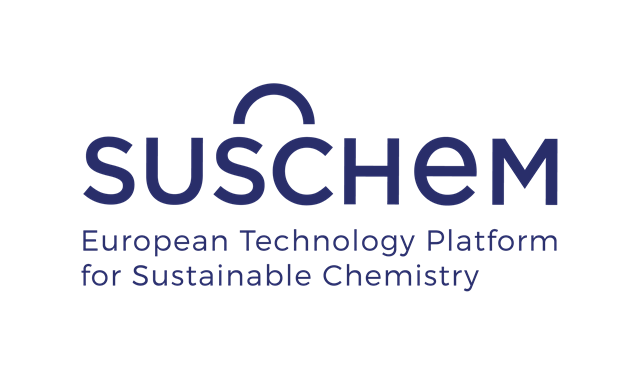 The new assessment of available water resources published by JRC reveals that large areas in Spain and Eastern Europe have on average less than 200 mm of freshwater available every year while the demand for water is three to ten times higher. The report 'Current Water Resources in Europe and Africa' (download here - 12MB+) shows variations in yearly freshwater generation from 10 mm to over 500 mm for Europe (see map). The report outlines existing uncertainties and points to further research efforts needed for improved water management.
The new assessment of available water resources published by JRC reveals that large areas in Spain and Eastern Europe have on average less than 200 mm of freshwater available every year while the demand for water is three to ten times higher. The report 'Current Water Resources in Europe and Africa' (download here - 12MB+) shows variations in yearly freshwater generation from 10 mm to over 500 mm for Europe (see map). The report outlines existing uncertainties and points to further research efforts needed for improved water management. EEA seeks efficiency
Europe needs to redouble efforts in using water more efficiently to avoid undermining its economy, according to the report from the EEA. Inefficient water has a significant impact on the resources needed by ecosystems and people, both vital assets for European productivity and security. The report 'Towards Efficient use of water resources in Europe’ makes the case for an integrated water management, starting with better implementation of existing legislation.
"Water resources are under pressure in many parts of Europe, and it is getting worse," said EEA Executive Director Jacqueline McGlade. "Agriculture, energy production, industry, public water supply and ecosystems are all important, and all competing for this limited resource. With climate change making water supply less predictable, it is extremely important that Europe uses water more efficiently for the benefit of all its users. Water resources should be managed as effectively as any other natural asset owned by countries."
Inefficient use of water also leads to higher energy use, with extra financial and environmental costs, according to the report. While the energy needed to pump and treat freshwater into drinking water is typically around 0.6 kWh/m3, desalination of seawater adds approximately 4 kWh/m3. Several European countries use desalination technology, most notably Spain, which is among the highest users of desalination globally.
What is SusChem doing?
The chemical industry as one of the biggest water consumers can lead the development of integrated water strategies through technologies that reduce water consumption, reduce use of fresh water resources (through cascade use of urban, industrial and rural areas), and optimise waste water management.
The industry is also one of the biggest providers of water treatment materials and technologies. Our experience will allow us to develop new approaches to improve other sectors’ water management and public sector water requirements. But no one sector can tackle this challenge alone. Water is used intensively in agricultural and industrial sectors and for public use, so there is a need for integrated solutions within a symbiotic approach.
SusChem is working to boost innovation in water related topics to contribute to improved use and treatment of water and further develop a sustainable water policy.
To achieve these solutions SusChem is working with partners, including the Water Supply and Sanitation Technology Platform (WssTP), to develop the proposed European Innovation Partnership on Water.
The European Innovation Partnership on Water has ambitious objectives including:
- reducing private water consumption
- increasing water efficiency in irrigation
- decreasing the water footprint of all industries
- minimising water loss in distribution systems and
- reducing the energy used in the water sector

No comments:
Post a Comment
Please post your comment here. Please note that this newsblog is not moderated.
Note: only a member of this blog may post a comment.